Dr Gerry Salole, Impact Trust Trustee and member of the Barilla Foundation Advisory Board, discusses ‘the what’, ‘the how’ and ‘the who’ of new year resolutions required to future-proof the food system.
As a new year gets under way, many of us will be taking the customary retrospective look at the 12 months past and making sense of what we did, what we learned, and where we’d like to go next. New Year’s resolutions tend to focus heavily on improving our health, changing our diet and transforming our relationship with food.
But 2020 was not like any other: many of us have come, perhaps belatedly, to the realisation that health and food are at least as dependent on our collective efforts as they are on individual choices. In the face of global crises such as COVID-19, disruptions to our food supplies and climate breakdown, maintaining healthy diets has required governments to intervene, companies to adapt and communities to rally together in support of one another.
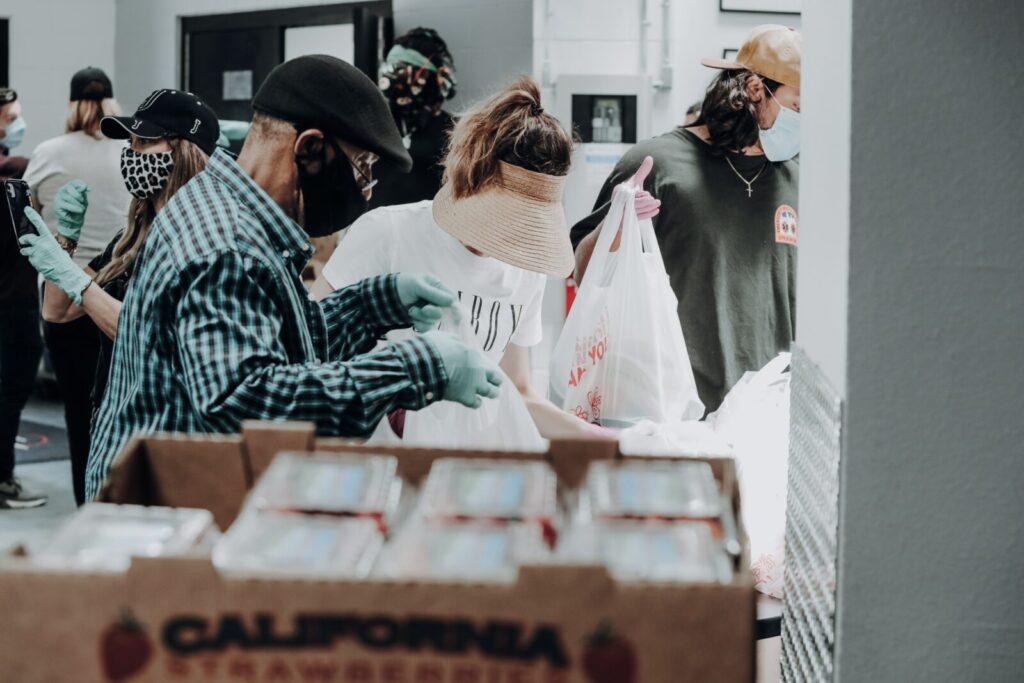
In 2021, our global resolution has to be to reset the food system to improve both human and planetary health, and to accelerate efforts towards sustainable development. Food systems touch every aspect of our daily lives and connect us all – families, communities, nations. When food systems fail, health, education, economy, environment, peace, and security are all threatened.
The coming year will be decisive. It will mark the UN’s first Food Systems Summit to transform the way the world produces, consumes and thinks about food. Agriculture is a large contributor to climate change, but it is also one of the sectors most at risk from rising temperatures. Excitingly, it offers a huge mitigation opportunity, equivalent to saving a year’s worth of CO2 emissions in the US. Food production will play a central role in next year’s COP26 climate summit in Glasgow and ongoing biodiversity talks.
Agriculture will also be at the heart of building back better after the COVID-19 pandemic, which has wreaked havoc on economies worldwide. After a year of lockdowns, border closures and supply chain disruptions, hunger threatens to kill more people than the virus itself.
More than 130 million additional people risk being pushed to the brink of starvation by the end of the year, according to the UN. As Nobel Peace Prize winner and World Food Programme director David Beasley has said:
“Quite frankly, 2021 will be a make-or-break year.”
This is the appropriate moment to align and mobilise around a common purpose, to unite in concrete actions in order to achieve a healthier, more inclusive, sustainable and resilient food system, that respects local needs, diversities and cultures.
Mobilisation on such a scale will only be possible with the active and conscious participation of all parts of society: governments, non-profits, businesses and citizens.
Food businesses across the globe, in particular, must urgently rethink their strategies and operations to align with the UN’s Sustainable Development Goals and the Paris Agreement for climate action.
This is a moral imperative, but as many companies have shown, it also makes great business sense. Consumers are searching for better food choices, and companies can deliver such changes at large scale, quickly, and with considerable investment.
Food and agriculture businesses must also build the resilience to cope with today’s problems and withstand the future global shocks we know are on their way. To do this, they will need to engage with farmers and food suppliers, to invest in sustainable agricultural practices that also contribute to equitable livelihoods and to shift towards more sustainable food choices.
One of the recommendations to come out of the recent Resetting the Food System from Farm to Fork event ahead of the 2021 UN Food Systems Summit was to establish an intergovernmental panel to help re-shape the way food systems work to achieve the SDGs by 2030. Such a body could coordinate scientific evidence in the same way the Intergovernmental Panel on Climate Change (IPCC) did to inform climate action.
Making decisions based on the latest science-based evidence, with advice from world-class experts on food and agriculture, would allow governments and companies to take swift and effective action.
We share this planet and these food systems, and we will only be able to reach our goals for next year together. Our resolve is proportionate to the challenges at hand; it will stay intact beyond February and beyond the Decade of Action ahead of us. Please join us in these New Year’s resolutions for a better world.

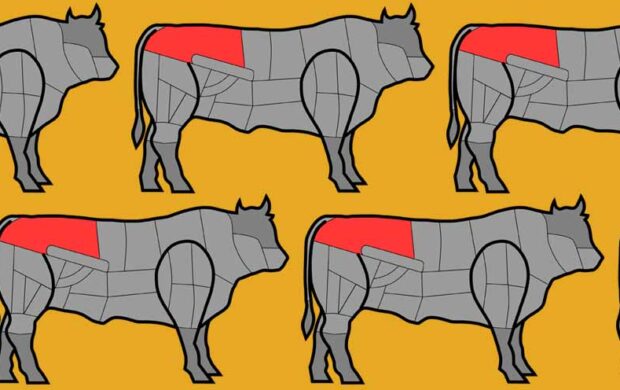
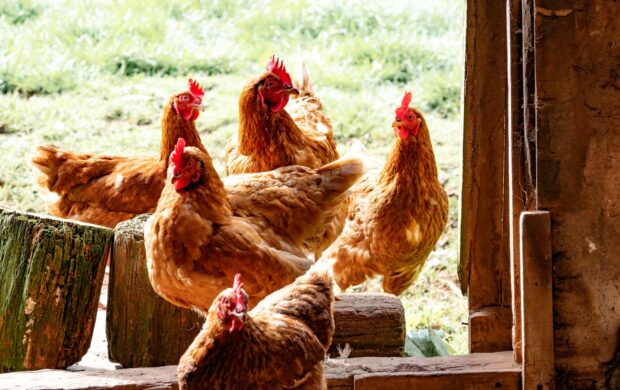
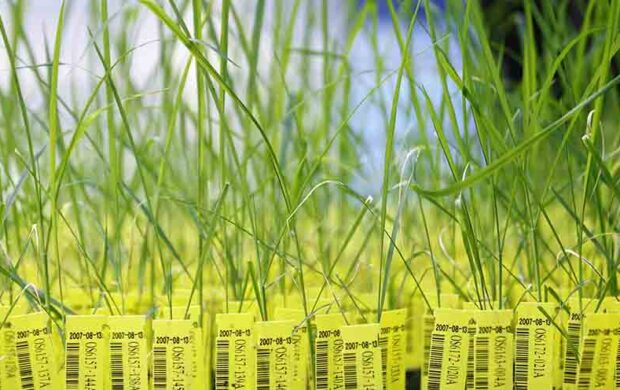

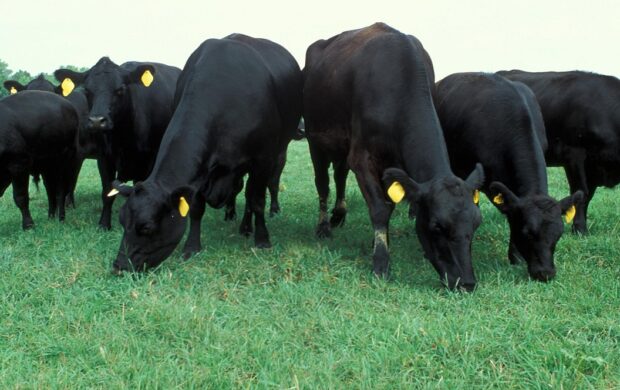
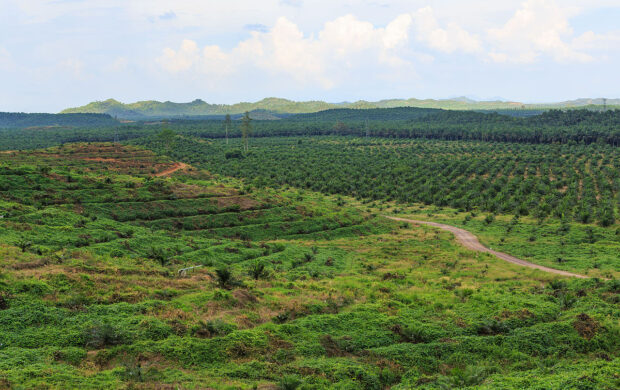


Join discussion